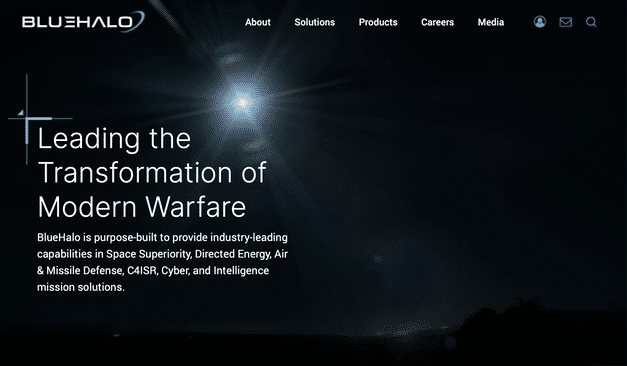As a new administration takes shape, brands must be prepared to navigate shifts in policy, regulation, and public sentiment that could directly impact their marketing strategies. From evolving government priorities to changes in procurement and compliance, staying agile is crucial for maintaining relevance and positioning for success. Here’s how businesses can adapt to a shifting political landscape.
1. Understand Policy Changes and Their Impact
New administrations often bring shifts in regulations, economic priorities, and industry-specific policies. Brands must stay informed about these changes, particularly those affecting taxation, environmental policies, labor laws, and procurement processes. By monitoring legislative updates and industry insights, businesses can proactively adjust their marketing messaging and strategies to align with new regulations.
2. Reassess Audience Sentiment
Public sentiment can shift dramatically with political change. Brands should conduct audience research and sentiment analysis to gauge how consumer attitudes evolve in response to new policies. Tailoring messaging to reflect changing priorities, such as sustainability, inclusivity, or economic resilience, can strengthen brand positioning and engagement.
3. Align Messaging with Evolving Priorities
Government policies can influence public priorities, affecting how brands communicate. For example, if an administration prioritizes renewable energy, businesses in related industries may benefit from emphasizing sustainability in their marketing. Companies should align messaging with relevant topics while maintaining authenticity and avoiding overt political endorsements.

4. Adjust Digital Advertising Strategies
Changes in regulations around data privacy and digital advertising policies can impact marketing campaigns. Brands should stay compliant with evolving rules, such as restrictions on targeted ads or data collection, and explore alternative strategies like contextual advertising and first-party data utilization to maintain effective audience reach.
5. Strengthen Government and B2G Marketing Efforts
For businesses selling to the government, shifts in procurement strategies and budget allocations can present new opportunities and challenges. Companies should refine their B2G marketing strategies by closely tracking procurement trends, engaging with key decision-makers, and optimizing their value propositions to align with evolving government needs.
6. Prepare for Crisis Management and Reputation Resilience
A polarized political environment can increase the risk of brand controversies. Companies should develop crisis communication strategies to handle potential backlash, maintain transparency, and uphold brand values. Proactively managing reputation through clear communication and stakeholder engagement can help brands navigate political turbulence effectively.

Navigating Change with Confidence
Adapting to a shifting political landscape requires brands to be informed, flexible, and proactive. By understanding policy changes, reassessing audience sentiment, refining messaging, and staying compliant with new regulations, businesses can navigate uncertainty while maintaining a strong market presence. Need expert guidance? Contact Bluetext today to ensure your marketing strategy remains resilient in a changing environment.




